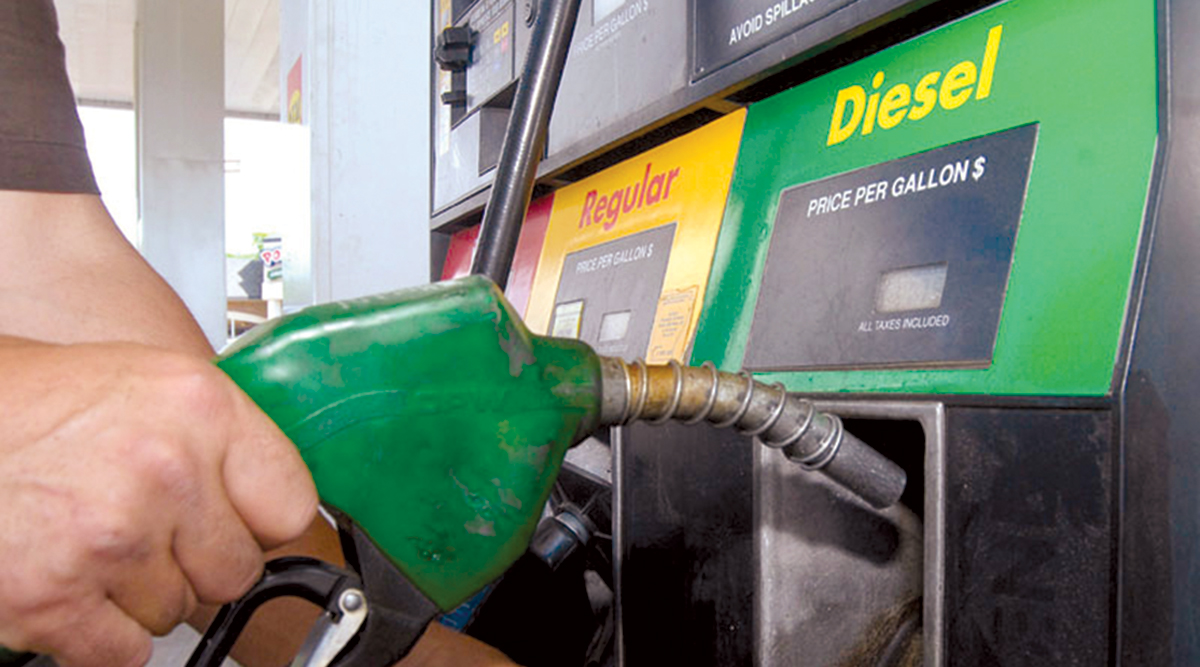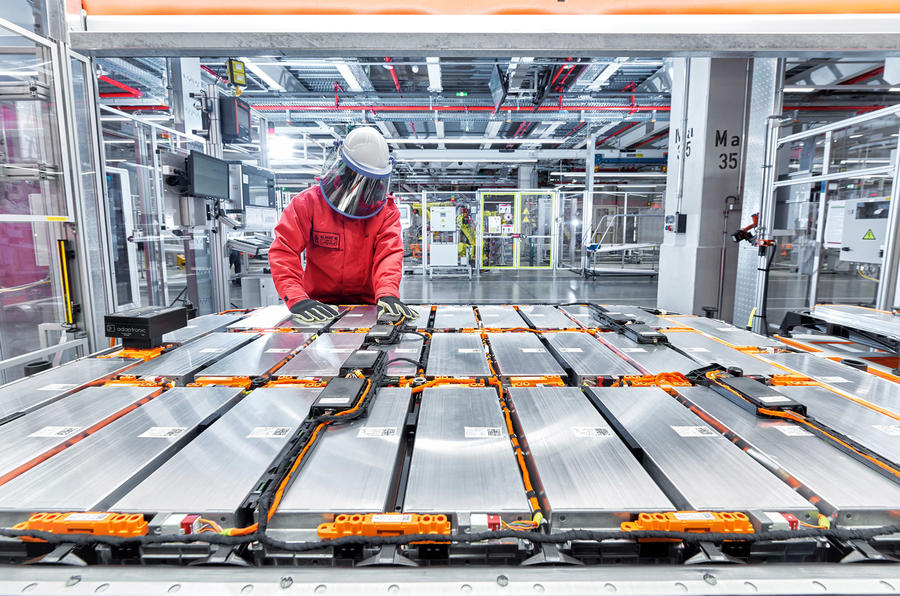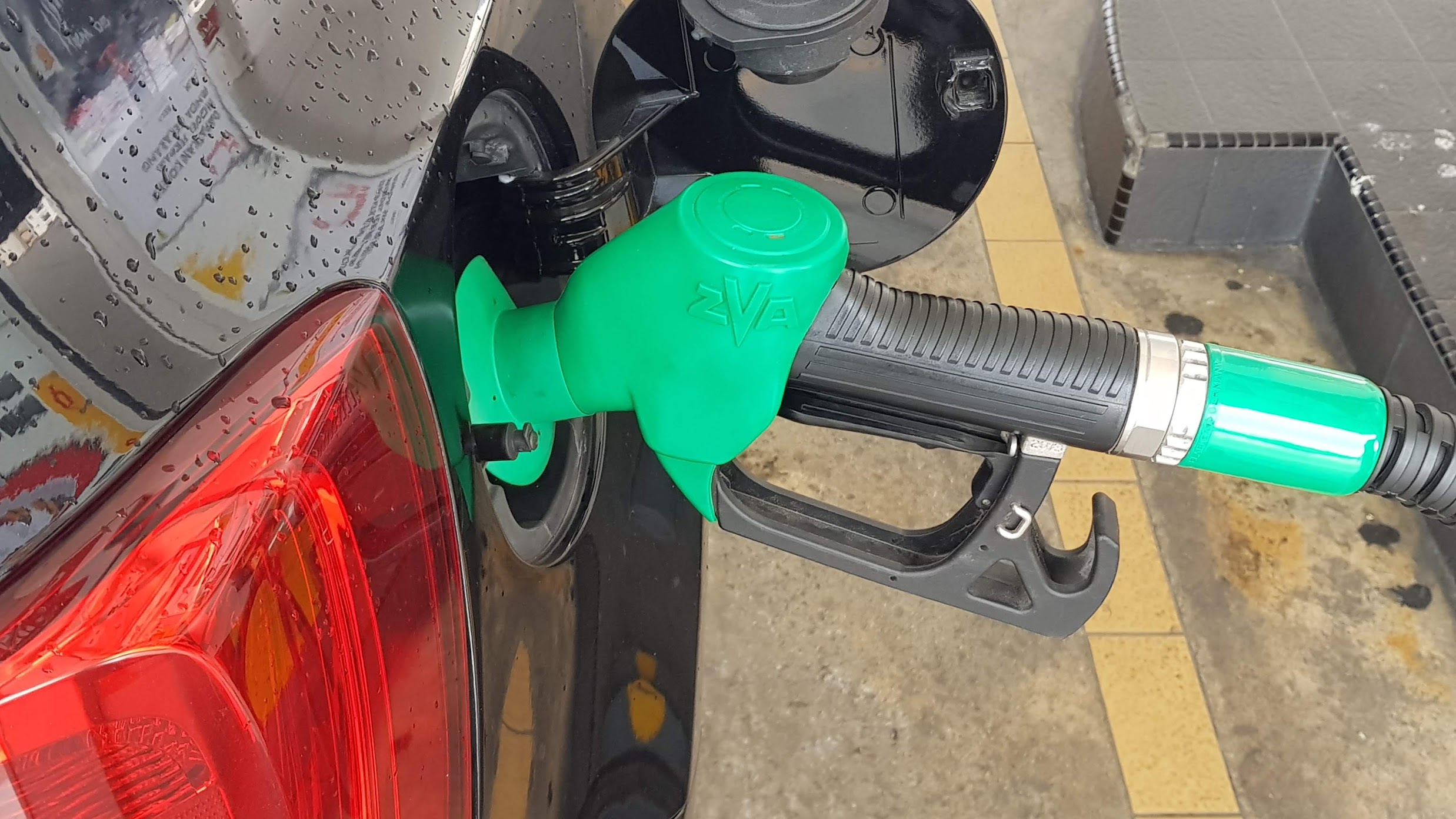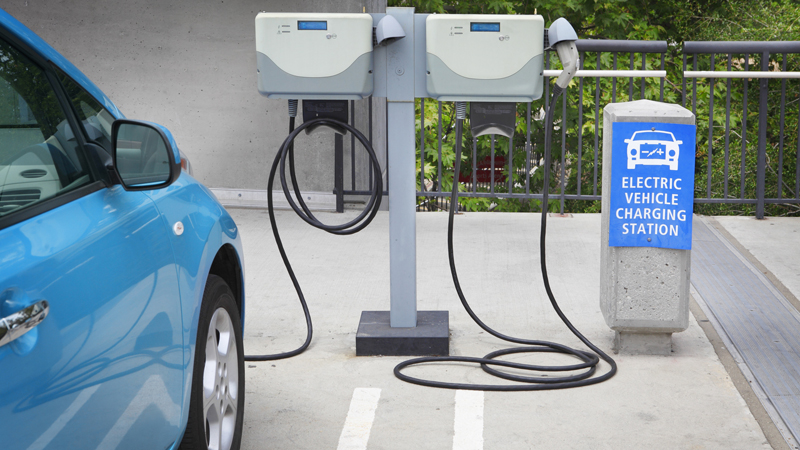Rising Fuel Prices In Germany Putting A Smile On Electric Car Owners

Is this an indirect way of pushing electric car sales in Germany?
Fuel prices in Germany is rising and some petrol and diesel vehicle owners are being forced to drive across to neighbouring countries in search of cheaper fuel. European media has been interviewing frustrated car drivers and even some truck drivers who are being forced to look for lower priced fuel to save money.
Is this rising price of fuel a move to push current petrol and diesel vehicle owners in Germany to switch to electric vehicles? Is it climate change issues or ‘pushing’ for electric vehicle ownership assist the German auto industry?

All German car manufacturers are pushing hard with their electric vehicle models and demand is strong, but not strong enough to bring down the costs of producing electric vehicles and so they continue to also produce their petrol powered models.
European news channels are sharing images of long lines outside of border fuel stations. A similar situation was felt by British motorists a month ago as fuel delivery issues forced limited supply at many fuel stations across the UK.
At the time, it was made to believe that there was a fuel shortage in Britain, but this was the case. Instead it was a driver shortage to delivery fuel around the country.
As of last Sunday, drivers of diesel cars and vans in Germany have been asked to pay an average of €1.55 per litre (RM7.50) to refill their vehicles.
Regular petrol prices are also going up, with prices per litre reaching a high €1.66 per litre (RM8.03) on Sunday which is 4.2 cents short of its previous high price record of €1.70 (RM8.22).

In the Czech Republic, where prices are as much as €0.40 (RM1.93) a litre lower, there are reports of long queues at petrol stations as German vehicle owners cross to fill their vehicles and also jerry-cans and even plastic bottles with cheaper fuel.
This rising energy prices are also pushing German transport companies at risk of collapse, the country’s logistics association BGL said on Thursday to Reuters, and it called on the German government to step in with support for the sector.
The price of fuel has risen by around 58 percent so far this year, the Federal Association for Transport, Logistics and Waste Management said, and companies with low profit margins were struggling to absorb this added cost.
The Telegraph reported that German business leaders on Tuesday called for emergency tax cuts to avert an ‘economic crisis’ caused by rapidly rising petrol and diesel prices.
The influential Mittelstand Association (BVMW) warned of an ‘explosion’ in fuel prices as the cost of diesel reached an all-time record in Germany this week.
‘The coronavirus crisis threatens to be seamlessly succeeded by a real economic crisis, even as other European countries are recovering,’ Hans-Jürgen Völz, chief economist at BVMW told the German press.

“The explosion in fuel prices is putting a massive strain on the economy, endangering jobs, growth and prosperity. Fuel taxes should be temporarily reduced and commuter tax allowances increased noticeably.”
Fuel prices have risen sharply across Europe this year, and Germany has been no exception.
Diesel has risen from €1.23 (RM5.95) a litre in January to €1.56 (RM7.55) this week, beating the previous record set in 2012.
E10 petrol, which was selling for €1.35 (RM6.53) a litre in January, now costs an average €1.67 (RM8.08) across Germany, just €0.04 (RM.20) of the record.




